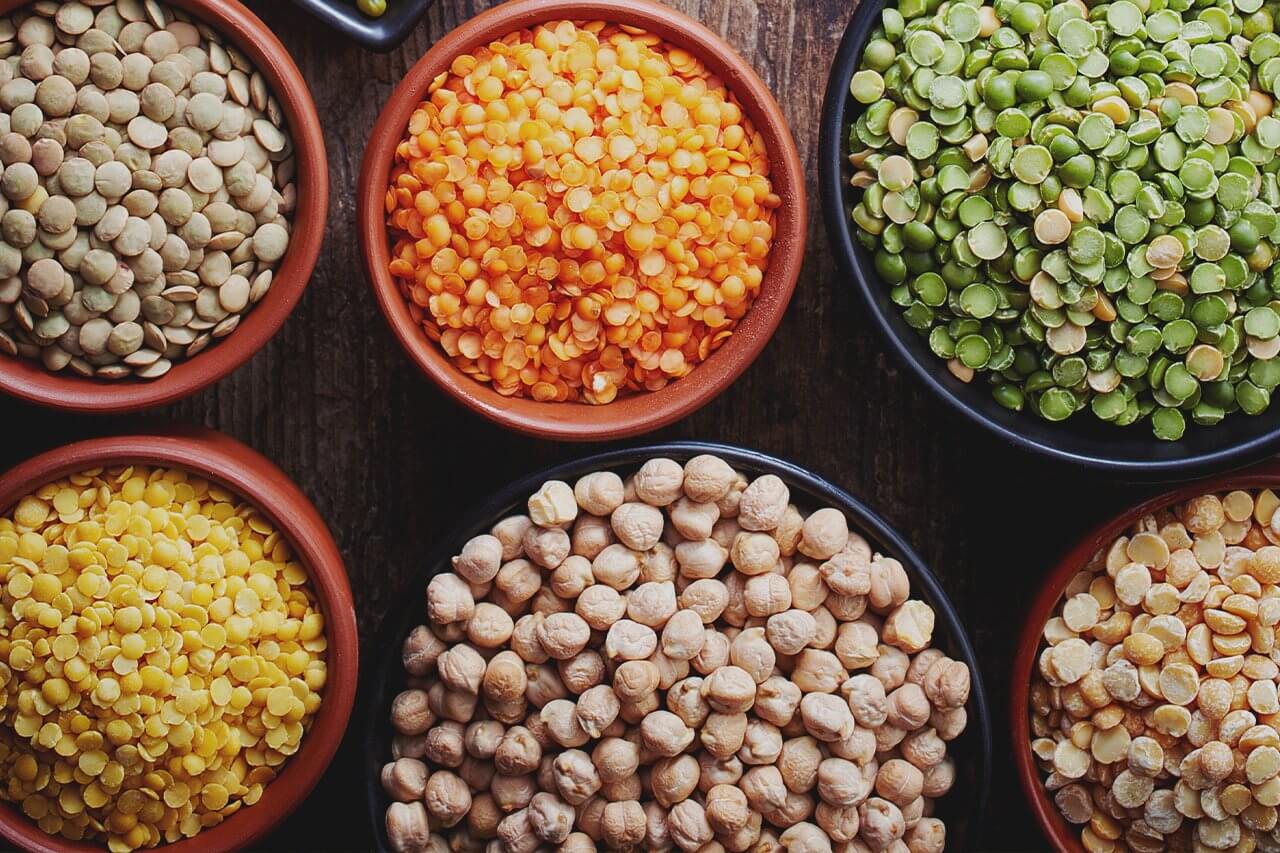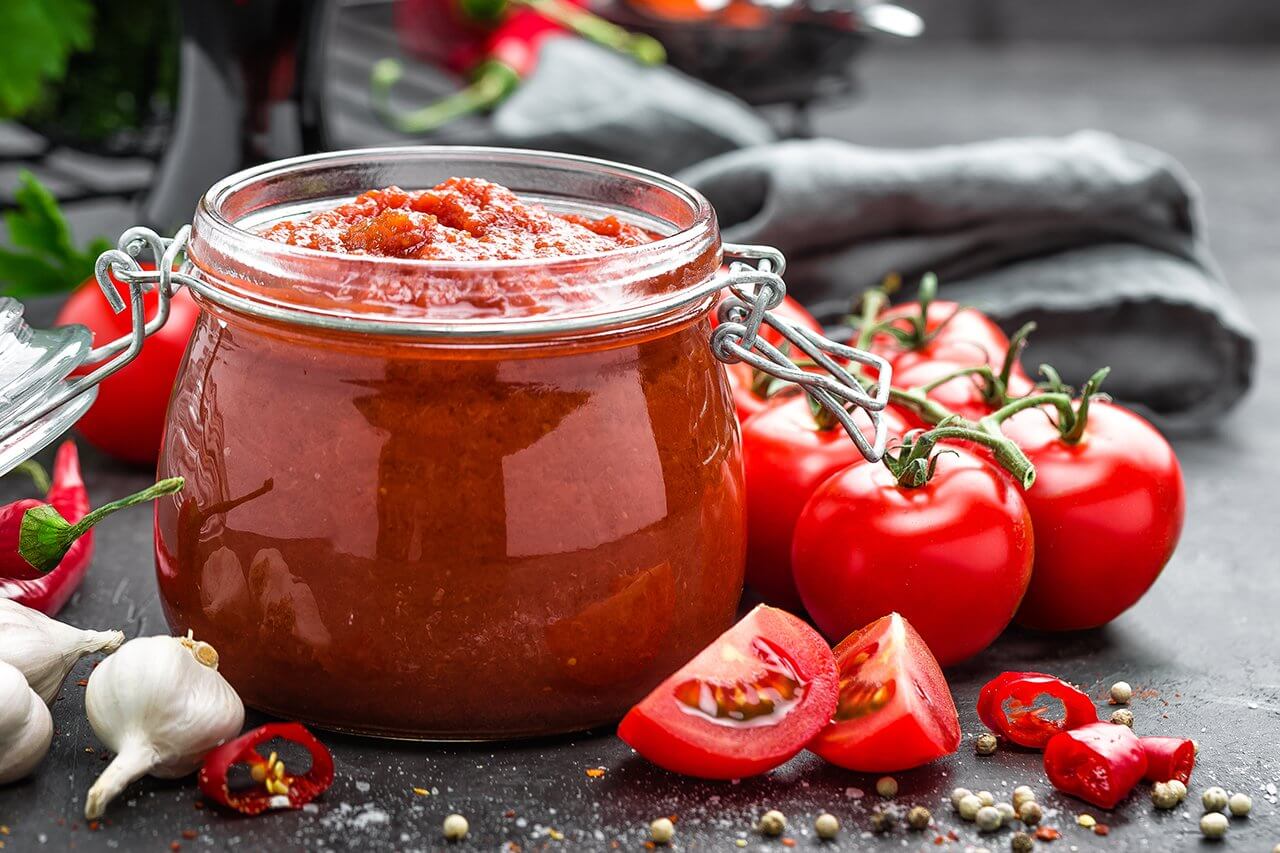While all food is a gift of nature, some foods are unfortunately damaging our planet. In fact, some branches of agriculture contribute significantly to global warming. For example, breeding and raising animals for food contributes more to global warming than global transportation. Switching to eco-friendly foods whenever possible can have a dramatic impact in tackling climate change. Here are some facts and tips for an eco-friendly diet.
Food Choices and Global Warming

Switch to a Less Animal Centric Diet
• Livestock production is one of the leading causes of greenhouse gas emissions. Specifically, cow methane produced in eruptions and manure makes up most of the livestock’s contribution. Methane is 28 times more destructive than carbon dioxide in terms of global warming.
• Research indicates that the leading cause of deforestation is animal agriculture. A large amount of land is destroyed to grow livestock feed (corn or soy). Even Amazon rainforest is not safe from destruction. Destruction of natural life not only endangers species but also results in the increase of carbon dioxide in the atmosphere as plants and trees that would absorb the gases are destroyed
• The majority of livestock feed are crops such as soybeans, corn, and alfalfa. These crops are dependent on chemical fertilizers – which increase the emission of nitrous oxide.
• Livestock uses 83% of the global farmland. Furthermore, 57% of water pollution and 56% of air pollution is livestock related. Despite its massive effect on our planet, livestock provides only 18% of food calories and 37% of protein.
• Research indicates that beef production results in 10 times more emissions compared to chicken production. However, chicken production is 7 times more damaging compared to lentils. Lamb production results in 39.2 Kg of CO2 emissions per kilogram of lamb consumed, whereas lentils cause of 0.9Kg of CO2 of emissions per kilogram.

Reducing foods sourced from animal agriculture can have a significant effect on tackling climate change. Even a 30% reduction of meats in meals would have an outstanding contribution to protecting our planet.
Here are some eco-friendly foods you can switch to where possible: Lentils, tomatoes, milk, tofu, broccoli, yogurt, nuts, peanut butter, rice, and potatoes. These foods are not only delicious but result in 10 times less CO2 emissions compared to beef.
Some animal-sourced foods have less impact on our environment compared to others. Chicken and canned tuna production result in almost 80% less CO2 emissions compared to beef. Similarly, pork and cheese are 50% more efficient in CO2 emissions compared to beef. But still, even these options have a significantly higher contribution to global warming when compared to vegetables.

